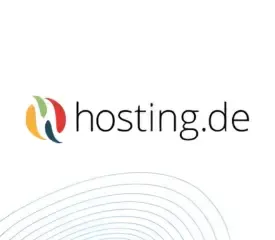http://isp-planet.com/hosting/2001/new_net.html
"In fact, in June after ICANN's meeting in Stockholm, Sweden, where New.net made a big, splashy and controversial appearance. Joe Sims, independent council for ICANN, said, "They came in with a business model and financing, unlike some of the others, so they have the potential for more impact." However, he also made the claim of the company that either it would survive, or ICANN would. "There is no way to work it out; there is no middle ground.""
"And that, of course is the problem. Who has the authority to release new top-level domains? ICANN? The U.S. Government? Any company with the funding and the determination?
Though still an unanswered question, you can check out the opposing views on the subject. Hernand wrote a white paper called A Proposal to Introduce Market-Based Principles into Domain Name Governance on the virtues of New.net's system, as well as an argument on the acceptability of multiple roots [PDF].
In response, Stuart Lynn, ICANN's president and CEO, wrote a discussion paper called A Unique, Authoritative Root for the DNS, countering New.net's claim to legitimacy, and citing several RFCs and other sources as support.
What is the correct answer? You will have to be the judge of that, as it seems this dueling DNS debate will continue for some time.
—End"
"In fact, in June after ICANN's meeting in Stockholm, Sweden, where New.net made a big, splashy and controversial appearance. Joe Sims, independent council for ICANN, said, "They came in with a business model and financing, unlike some of the others, so they have the potential for more impact." However, he also made the claim of the company that either it would survive, or ICANN would. "There is no way to work it out; there is no middle ground.""
"And that, of course is the problem. Who has the authority to release new top-level domains? ICANN? The U.S. Government? Any company with the funding and the determination?
Though still an unanswered question, you can check out the opposing views on the subject. Hernand wrote a white paper called A Proposal to Introduce Market-Based Principles into Domain Name Governance on the virtues of New.net's system, as well as an argument on the acceptability of multiple roots [PDF].
In response, Stuart Lynn, ICANN's president and CEO, wrote a discussion paper called A Unique, Authoritative Root for the DNS, countering New.net's claim to legitimacy, and citing several RFCs and other sources as support.
What is the correct answer? You will have to be the judge of that, as it seems this dueling DNS debate will continue for some time.
—End"










